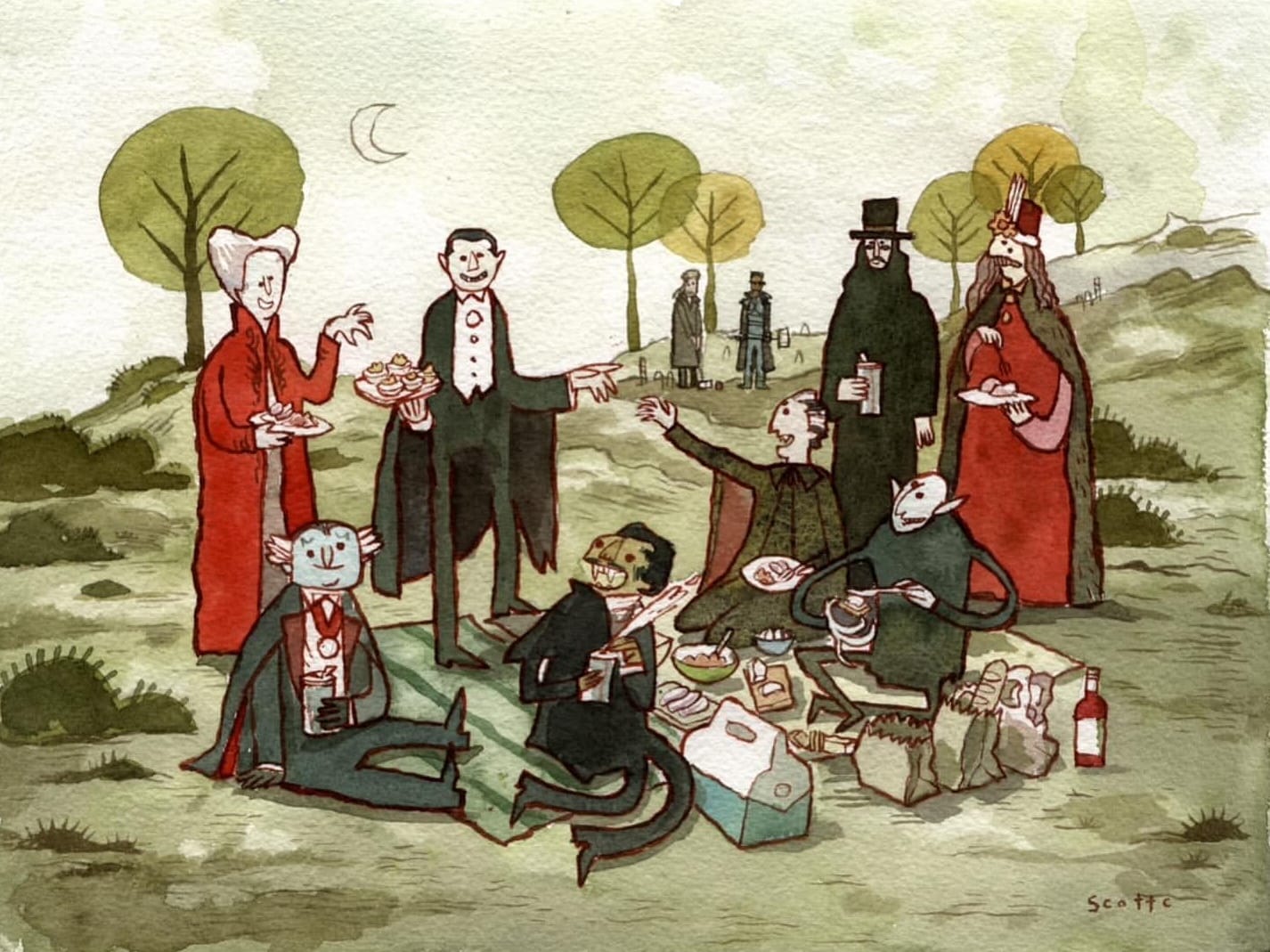Challengers stages a triad where they all are victims and perpetrators, angels and devils sitting on each others' shoulders.
Life always carries with it many opportunities for change and growth: seizing them is up to us. We then eventually find ourselves surrounded and suffocated by all the possibilities and the ideas that spread so fast in the digital era, and we end up forgetting about our achievements, blinded by what we have not accomplished yet. This human tendecy to aim higher and higher, to push forward without limits seems to be strongly put out in Luca Guadagnino's Challengers, all through an extreme emotivity that is unleashed in the choices of the charecters around whom everything revolves. Self-centred and self-serving, young and irreverent, they are the protagonists of this transformation that does not seem to be truly in motion: in fact, we see them acting like sixteen year olds, but at the age of thirty.
Tashi Duncan (Zendaya) is a champion, a lover, and loved. Is she also in love? With herself, with tennis, and with nobody else. She is bound to Patrick (Josh O'Connor) by a fiery passion, like a moth to a flame: it's a spark that becomes fire mainly because it's forbidden. She acts more as a coach than a wife with Art (Mike Faist), who is hopelessly and entirely devoted to her (even though this starts to slightly change towards the end). Elaborated, chaotic at times, is Luca Guadagnino's latest movie worth all the fuss that has been going on around it? The trail of success it brings with it comes from an extremely well-studied and well-arranged press tour; in fact, the movie per se almost fades into the background, saved by Zendaya's lead presence that makes it irresistible. From her name to her bearing and her tone, hypnotic to the eyes of many, she provides the movie with the attraction of a crowded audience, eager to see what seems to be the most hyped production of the year (at least up until now). Guadagnino's choice for Zendaya as lead character certainly is a tie breaker: could her looks have had something to do with the film's success?
Guadagnino is, however, a director with a very recognizable style: bright colors, emotivity, sharp and clear images, and dynamism. His work on emotions in particular is what differentiates him from many other directors out there: when he shows the most hidden and prohibited desires of the human being, he creates an emotional involvement that not many others can achieve. Again, this movie makes it hard to distinguish the good from the bad: just like a greek tragedy, where nobody is fully guilty, but neither fully innocent, Challengers stages a triad where they all are victims and perpetrators, angels and devils sitting on each others' shoulders. Betrayal, bad mouthing, omissions and interferences: there it is, a mirror where the dark side of the human nature can look at herself, while being presented onscreen among old grudges, discord, and jealousy. It is a human nature that has however been brought to the extreme and exaggerated until it loses credibility. This also happens as a consequence of choosing tennis as background for scenes that follow one another through recurring flashbacks jumping from side to side just like a tennis ball. However, tennis itself is a relationship between challengers, just like Tashi says: during the game, competitors fall into a passion that leads them to fully understand each other, despite happening just for a few minutes. The entire movie is, in fact, a giant polygamous relationship, that involves tennis as well: it is a relationship between Patrick and Art, who spend thirteen years going after the same girl, and it is a relationship between Tashi and tennis, lived through the two contenders after the injury that prevents her from playing. Tennis is presented as a conditioning strong enough to lead the entire movie.
This movie is dynamic for the most part, but it is also affected by the excessive length of the scenes in slow-motion, resulting in a sort of slowness that becomes less and less sustainable as the movie proceeds. All of this is, however, in line with the extremisation proposed. I have quite often heard that this movie does not talk about tennis, and I must agree with this statement: it is a movie that orbitates around this discipline that becomes indeed a great love, but it does not talk about tennis as a sport per se. Nobody tells us how to play, or which secrets lead the characters to win a match, because this is not the core of the movie. This is a story of a great love that slowly fades away for Art, while for Patrick becomes a way to win Tashi back. And yet, this love only grows over time for her, and it keeps on ruling over her life, influencing her choices and, most importantly, her relationships, and in this sense, it really is tennis the engine of the whole movie. However, despite some interesting aspects concerning the intention proposed, I do argue the success the movie has obtained, and I would personally place it among the least-successful productions of Guadagnino. Choosing to stake everything on how actors look, putting the movie aside during the press tour, can only be a sign of the absence or the precariousness of the movie's foundation. In fact, Challengers is just that: a movie about nothing.




Comments ()